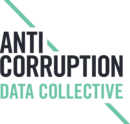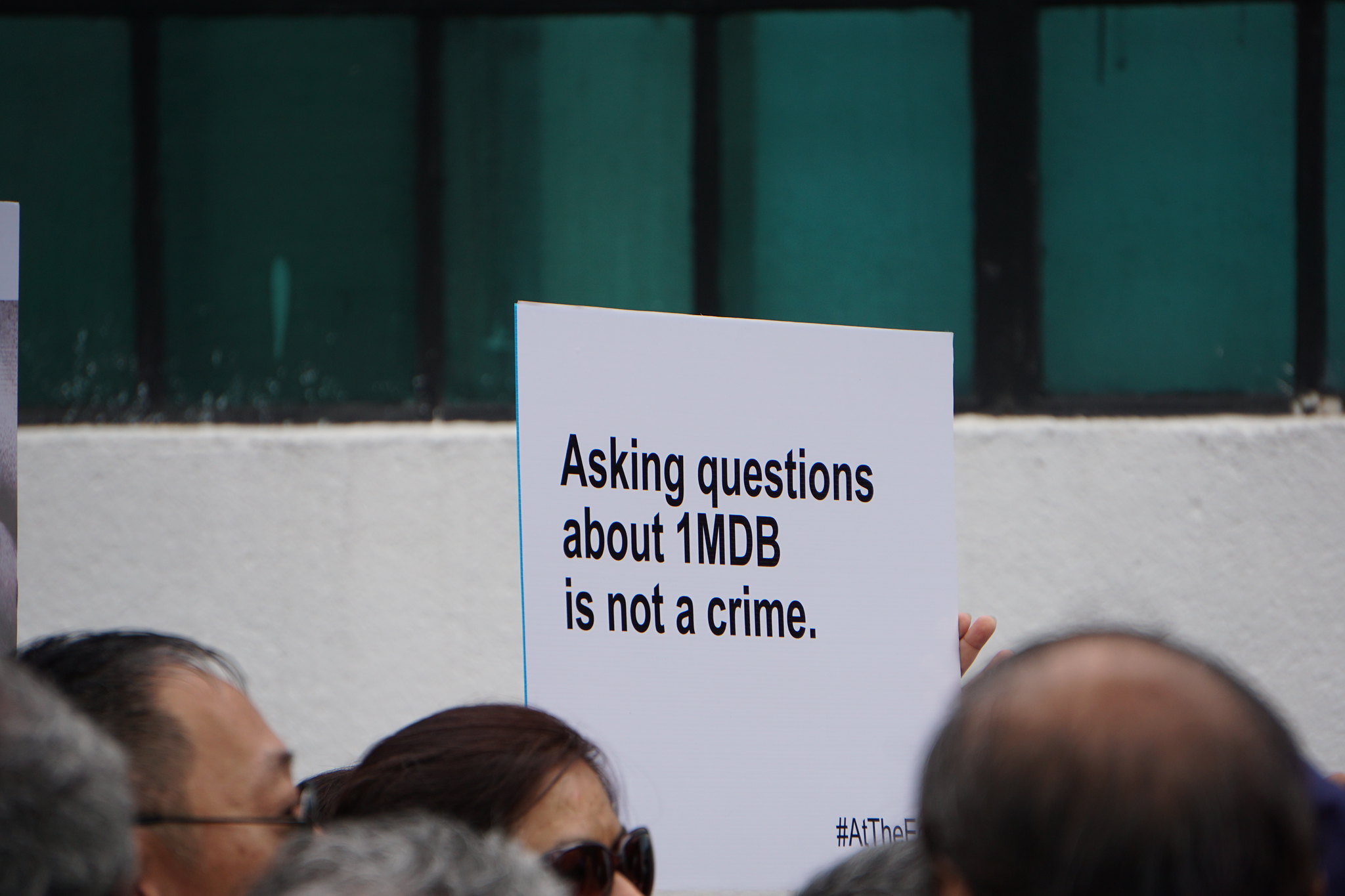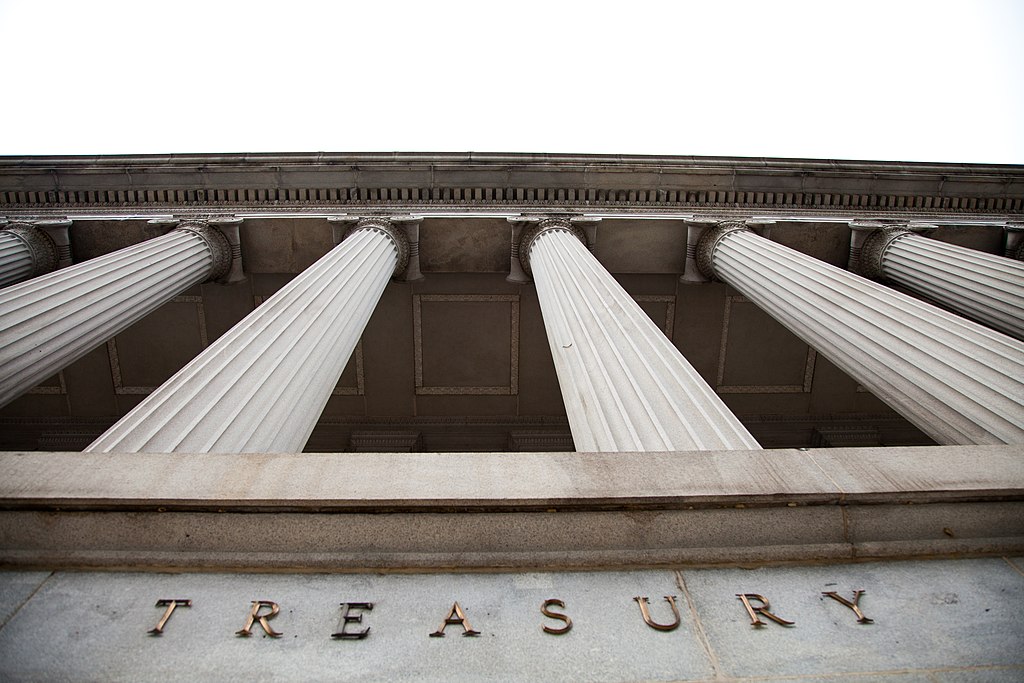From Western enablers to a transnational system: bringing U.S. good governance into the global anti-corruption narrative

I recently had the pleasure of taking part in a panel discussion to mark the launch of a new book by Frank Vogl, a co-founder of Transparency International, titled The Enablers: How the West Supports Kleptocrats and Corruption – Endangering Our Democracy.
As someone who has worked with anti-corruption activists around the world and now work as an anti-corruption activist focusing on federal corruption in my role at the Project On Government Oversight, I thoroughly commend the intention behind the book, which is to increase public understanding of the activities of Western enablers of corruption and why they are so damaging.
However, the construct of “Western” enablers of foreign klelptocrats continues a framing of corruption that I think is important to complicate. Over the past few years, this narrative has become increasingly established in policy circles. It is the important and true story of kleptocrats abroad laundering their assets in Western economies, benefiting from both the rule of law and stability and the financial secrecy that undergirds those economies, especially the US. The enablers of Frank’s book are the professional class that facilitates that.
However, a more accurate understanding of the problem, in my view, is of a transnational enabling system sustained by financial secrecy that undermines the lives of people in the US as well. Rapid globalization due to technological revolution has trans-nationalized capital and with it, trans-nationalized corruption flows.
Domestic versus international corruption: a false bifurcation
As the focus of my work has moved from international corruption to US corruption, I’ve been struck by how civil society institutions are largely divided between one or the other. It is no coincidence that donors, too, tend to divide themselves and their programming into two spheres: good government at home and corruption and kleptocracy abroad.
This is all the more astonishing given the fact that the major US corruption story of our time, President Trump’s first impeachment, was entirely a story of transnational corruption: international financial secrecy was used to shroud illicit foreign influence in US politics and vice-versa, made possible by the abuse of highest US political office.
Perhaps the most recent example of how this divide is institutionally operationalized in the US is the organization of the Summit for Democracy, which is being held on on December 9, International Anti-Corruption Day, and December 10, 2021.
The Domestic Policy Council has done unconscionably little to involve civil society from the anti-corruption or pro-democracy space in any meaningful way regarding US national commitment planning. While, on the other hand, the State Department and USAID are making every possible effort to involve internationally focused civil society in the planning of the international, i.e. foreign, elements of the Summit that fall in their wheelhouse.
The Enablers opens with a quote from President Biden: “Fighting corruption is not just good governance. It is self-defense. It is patriotism, and it’s essential to the preservation of our democracy and our future.” Yet, a recent survey by Project On Government Oversight shows that Biden’s anti-corruption message is not hitting home. In this survey of likely voters in the battleground states of Ohio and Michigan published last month, corruption continues to be identified as a serious problem by more voters than any other issue, including infrastructure, climate change, jobs, or the COVID-19 pandemic. And they see the problem worsening over the past 10 years with little being done to change the status quo. While America’s steadying decline of trust in our public institutions is well-documented, these very recent findings should be no less concerning. Furthermore, the world is losing trust in our democracy. According to recent international polling by Pew, Americans’ loss of trust in US democratic institutions is shared in other wealthy democracies around the world.
Western enablers and foreign kleptocrats: a simplistic framing
When we talk about Western enablers of foreign kleptocrats, we entrench the false bifurcation. We lose sight of who the real power brokers are: the economic elite who use every tool at their disposal (and employ the enablers) to keep our US financial system shrouded in darkness. While lobbyists for corrupt politicians from Guatemala to Russia have set up shop here in the US and certainly have had important successes, it isn’t these lobbyists who continue to keep private investment funds exempt from our anti-money laundering regime or the Corporate Transparency Act (CTA) ─ it is the ones employed by the $15 trillion industry itself. It isn’t the lobbyists for kleptocrats who will try to keep trusts exempt from the CTA, but the undue influence machine of billionaires working to protect their mechanisms for major tax avoidance. The exemption of non-profits ─ a favored form of influence peddling ─ from the CTA? That is certainly not the work of lobbyists for kleptocrats.
The extraction of the public purse, whether through instruments of kleptocracy abroad or here in the US through the legal undue influence of the economic elite, is facilitated by an enabling system that is transnational and wholly sustained here in the US by financial secrecy. The impact of those extractions is a disaster for Americans here at home, leading, for example, to skyrocketing health care costs for negative return on investment, decreased housing affordability, and the ripping off of our tax base by billionaires who employ “the wealth defense industry” to pay less taxes than the working class.
To be clear, it is essential to tackle money-laundering more robustly, with greater public resources and public scrutiny. This, in part, is why I co-founded, together with Frederik Obermaier and David Szakonyi, the Anti-Corruption Data Collective.
One of the first sectors we decided to look into was the private investment fund sector, because, as a leaked FBI report of 2020 will tell you, it is increasingly a destination for money-laundering. But the more we look under the hood of this sector, the more we find forms of economic extraction that are the result of deft and creative influence-peddling by the lobbying arm of that industry. This is exemplified by the findings of our report Public Money for Private Equity, written with Americans for Financial Reform and Public Citizen and based on data from POGO. It shows how businesses backed by major private-equity companies took billions in US tax-payer dollars meant for small businesses under the COVID relief program. And it was perfectly legal.
Dark money, dirty money, and big money all collude to protect this enabling system.
In other words, we won’t actually be effective in the war against grand corruption here or abroad until we expand from a frame of bad apple enablers for foreign kleptocrats and address how the undue influence of wealth hoarders here in the US buttresses and protects an entire enabling system that is transnational and sustained in the US by our financial secrecy. The most powerful participants ─ and the vast majority of participants ─ in this web of opaque financial structures, have never (knowingly) laundered a cent in their lives.
The anthropologist Janine Wedel labels this system “structured unaccountability”. Until we can make a more visible connection between financial secrecy and economic injustice and inequity here at home, across the political divide, the enabling system of transnational corruption will remain intact and the alternative ─ accountable capitalism ─ will remain a distant ideal.




